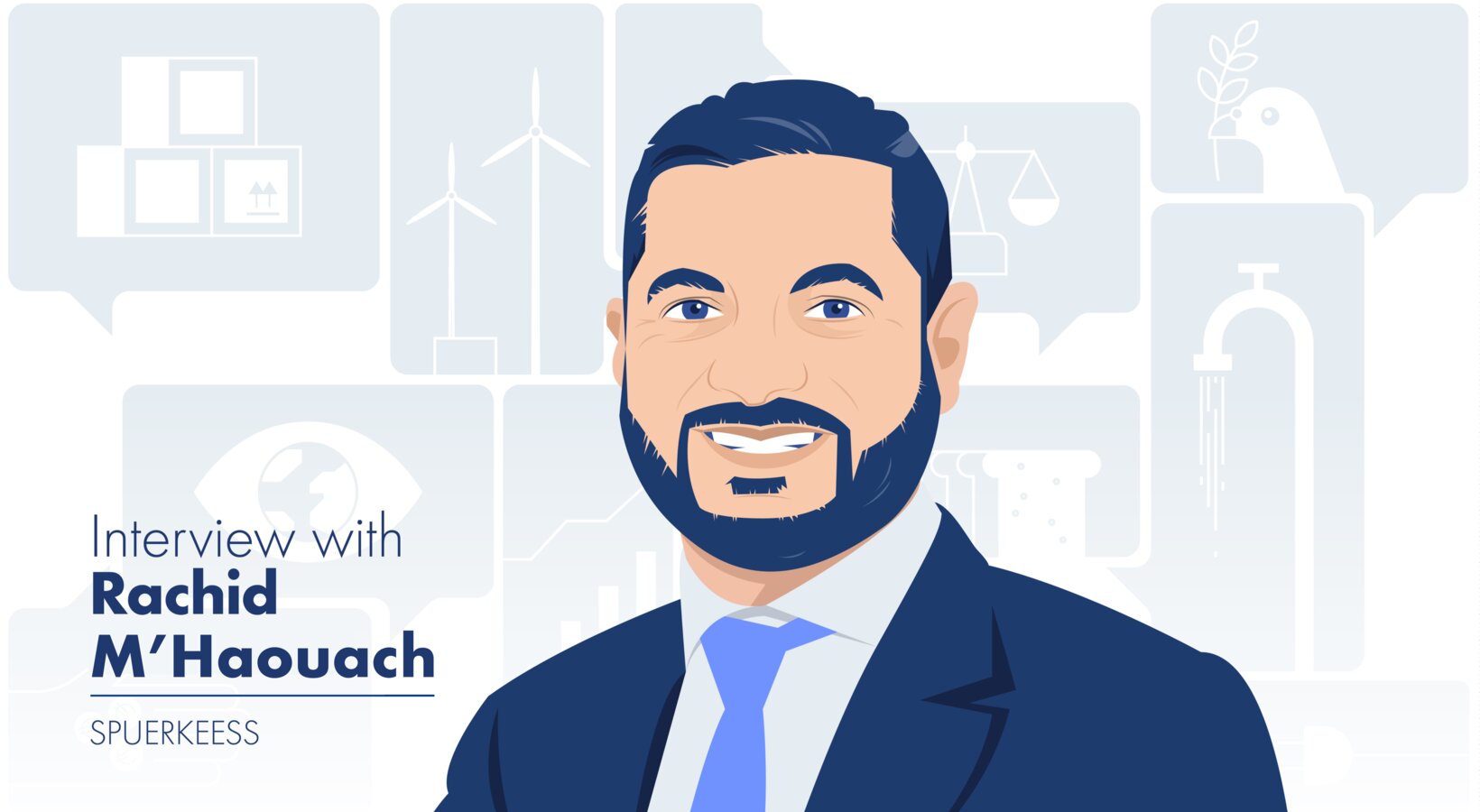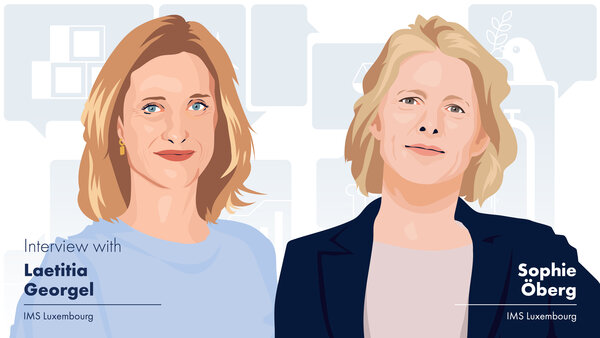5 useful tips when it comes to AI an how it should be used:
1. Data quality: AI relies heavily on the data it receives. If the data are not reliable, then we can’t expect miracles. That’s why the first thing we have to do is ensure data quality.
2. Infrastructure: AI has proven effective thanks to the new knowledge it extracts from large volumes of data through complex processing done relatively quickly. Infrastructure is therefore very important when we’re talking about AI.
3. AI is not a cure-all: we need to be aware that AI cannot solve every problem. Some problems can be solved with much simpler solutions than AI and can yield better results. Other problems are much too complex and are still in the research phase; AI has not yet provided satisfactory solutions for these types of issues.
4. AI should be responsible and ethical.
5. The goal of using AI is not to replace human staff, but rather to help them with their daily tasks and create new work opportunities.
![[Translate to English:] [Translate to English:]](/fileadmin/_processed_/7/7/csm_398_RSE_Nicoletta-Centofanti_LSFI_3f9d397fb3.jpg)



![[Translate to English:] [Translate to English:]](/fileadmin/_processed_/7/7/csm_350__RSE__Julien_Froumouth__ABBL_b0d4199dba.jpg)


![[Translate to English:] [Translate to English:]](/fileadmin/_processed_/f/0/csm_391_RSE_Falk_Fernbach_308f17aa1d.jpg)
![[Translate to English:] [Translate to English:]](/fileadmin/_processed_/5/4/csm_390_RSE_Johansson_Peters_4412aa2c2a.jpg)
![[Translate to English:] [Translate to English:]](/fileadmin/_processed_/6/7/csm_180__Portrait__Ekkehart_Schmidt_Interview_429e9ad3f8.jpg)
![[Translate to English:] [Translate to English:]](/fileadmin/_processed_/3/9/csm_383_RSE_Dr._Gaston_Trauffler_89640b105d.jpg)
![[Translate to English:] [Translate to English:]](/fileadmin/_processed_/a/8/csm_376_RS_1_87cc49315d.jpg)
![[Translate to English:] [Translate to English:]](/fileadmin/_processed_/f/0/csm_373_RSE_Isabelle_Delas_LUXFLAG_paint_238a6891d9.jpg)
![[Translate to English:] [Translate to English:]](/fileadmin/_processed_/6/2/csm_Portrait_RSE_Bernard_de_Villepin_PWC_915121525c.jpg)